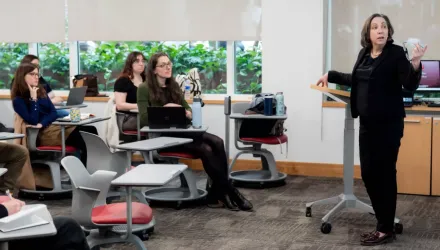"Ethics in Intelligence," with Charlie Gilbert
The Intelligence Project will host a lunch with Charlie Gilbert, Executive VP Strategic Global Intelligence for Gavin de Becker & Associates, former Deputy Director for the National Clandestine Services, and Chief of Iranian Operations with the CIA, on Wednesday, February 7th from 12:00-1:15pm in One Brattle 350.
Lunch will be provided. Harvard IDs checked at the door. RSVP below, first come, first served.




